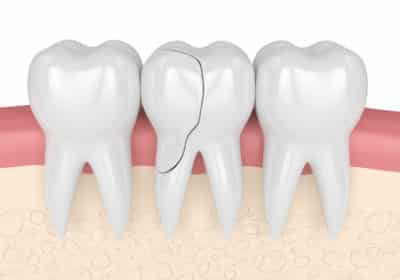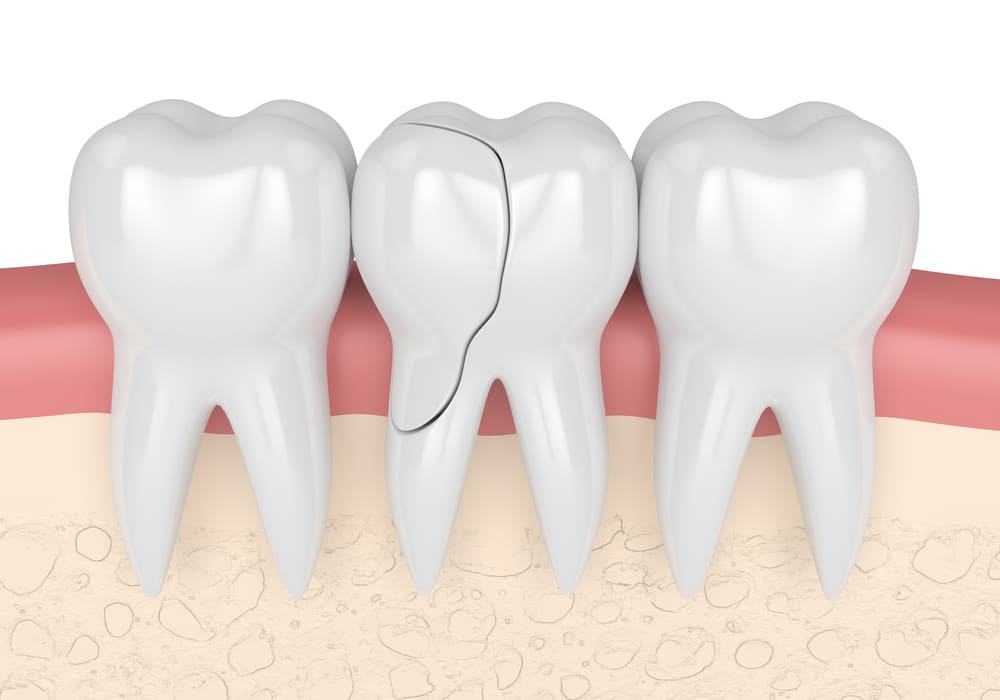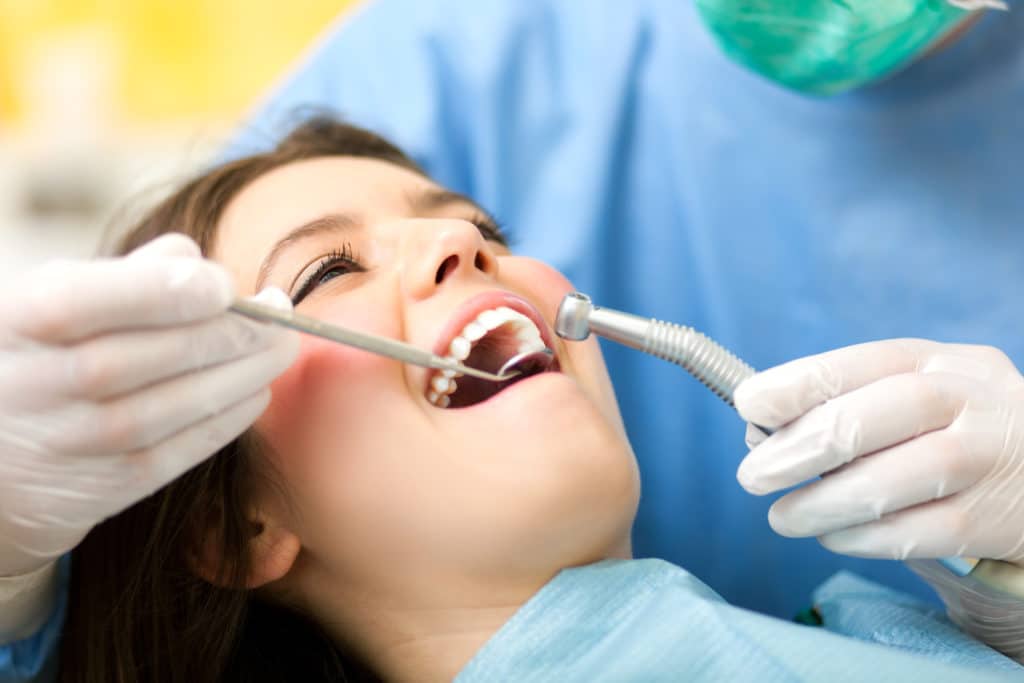Have you ever been woken up in the middle of the night with the bone-chilling sensation that you just accidentally chipped a tooth from subconsciously grinding them at night? Have you noticed your teeth seem worn down and your jaw hurts in the morning? Do you not even realize that you’re grinding your teeth or clenching your jaw until it’s pointed out?
If you’re grinding your teeth at night, it’s crucial that you do what you can in order to address the issue, and promptly. You don’t want to end up chipping your teeth and needing restorations. Fortunately, there are things that you can do in order to avoid chipping your teeth from grinding them at night.
Here’s what you need to know about how you can end up chipping your teeth from grinding them at night, why this happens, and what you can do about it. Let’s get on into it.

Why You’re Grinding Your Teeth At Night
If you’re subconsciously grinding your teeth or clenching your jaw, this is called bruxism. While this blog is focused on bruxism at night, this is something that can happen during the day or at night. You may not even realize that you’re doing this unless it’s pointed out to you, even if you have some of the symptoms.
What Causes Bruxism?
Bruxism can be caused by a variety of different factors or several combined. Some of causes include:
- Stress
- Emotional upset
- Nicotine
- Caffeine
- Alcohol
- Type A personality
- Being a younger child
- Certain medications
- Medical conditions like sleep apnea, Parkinson’s, ADHD, etc
What Happens If You Have Bruxism?

If you’re subconsciously grinding your teeth or clenching your jaw, you may experience some of the following issues:
- Wear and tear to teeth
- Cracking/fracturing teeth
- TMJ
- Swelling facial joints
- Limited jaw movement
- Pain
- Difficulty biting/chewing
Bruxism may cause you to need dental restorations due to unconscious damage to teeth, such as:
- Chipped enamel
- Cracked teeth
- Flattened/grooved/worn down teeth
- Loosened teeth
- Worsened gum problems
Left untreated, bruxism can cause TMJ (jaw muscle and joint) problems.
Bruxism can lead to symptoms like clicking sounds when you open your mouth, headaches, ear aches, neck aches, sensitive teeth, and a sore/tired jaw, in addition to all of the potential issues listed above.
How To Avoid Chipping Your Teeth From Grinding Them At Night
If you suffer from bruxism, it’s important to seek out treatment. Ignoring the problem will not make it go away. You must do what you can in order to prevent damaging your teeth.
Fortunately, there are many different things that you can do in order to reduce your risk of chipping your teeth from grinding them at night. Depending on what is causing your bruxism and what your individual circumstances are, you may benefit from a different approach than someone else. When you talk to your dentist, they will be able to help you find the ideal treatment method for your specific needs.
Some of the ways you can avoid chipping your teeth from grinding them at night include:
- Using a mouthguard
- Meditation
- Doing jaw exercises
- Quitting smoking/tobacco
- Reducing use of alcohol/caffeine
- Using hot/cold therapy to alleviate jaw tension
- Bite adjustment if teeth are uneven
- Medication before bedtime
- Exercising to alleviate stress
- Avoiding stressors
- Talking to a psychiatrist about potential for anti-anxiety medication
- Going to therapy to talk your issues through
- Talking to your dentist about bruxism/treatment options
You may need to talk to a doctor as bruxism can be caused by sleep apnea. This is a sleep disorder where the person has shortness of breath, pauses in breathing, airway blockage, and other symptoms at night. You will also want to talk to your doctor if your bruxism could be caused by your medication.
Your doctor and dentist together will be able to help you find the ideal treatment method for you.
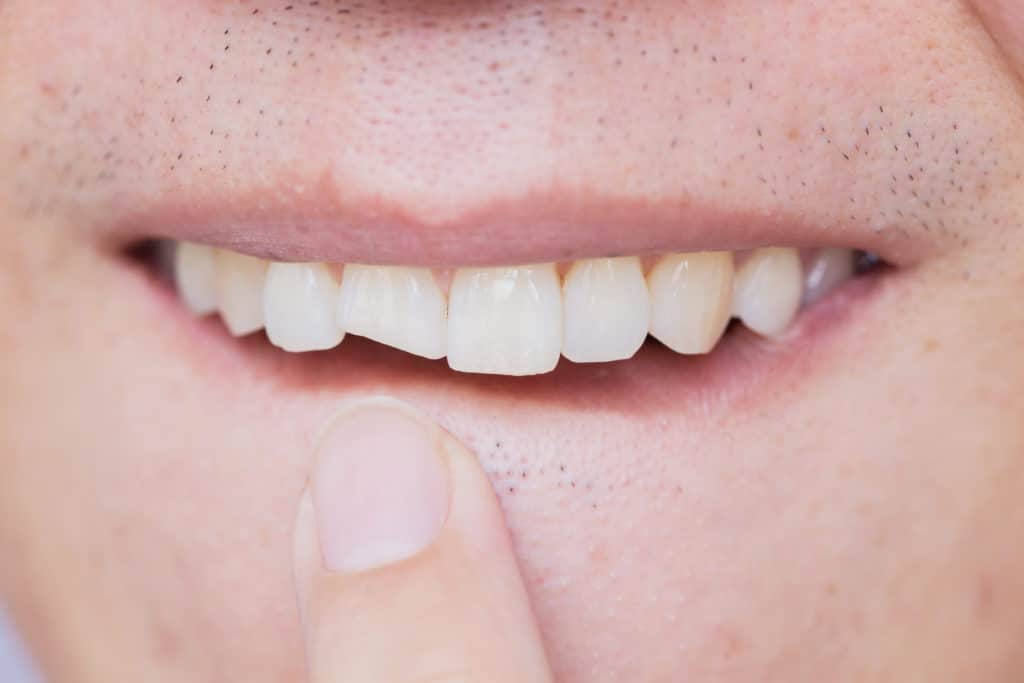
Why It’s Important To Treat Cracked Teeth Quickly
When left untreated, cracked teeth only worsen. Check out our previous blogs on cracked teeth here, here, here, here, and here to learn more about the causes of cracked teeth, why they can’t heal naturally, and more.
If you have cracked teeth, you may need a retainer, mouthguard, crowns, veneers, composite bonding, or another type of treatment in order to treat the issue.
David G. Johnson, DDS, is here to help you with your cracked teeth. Contact us today to schedule an appointment and allow us to restore your smile.


